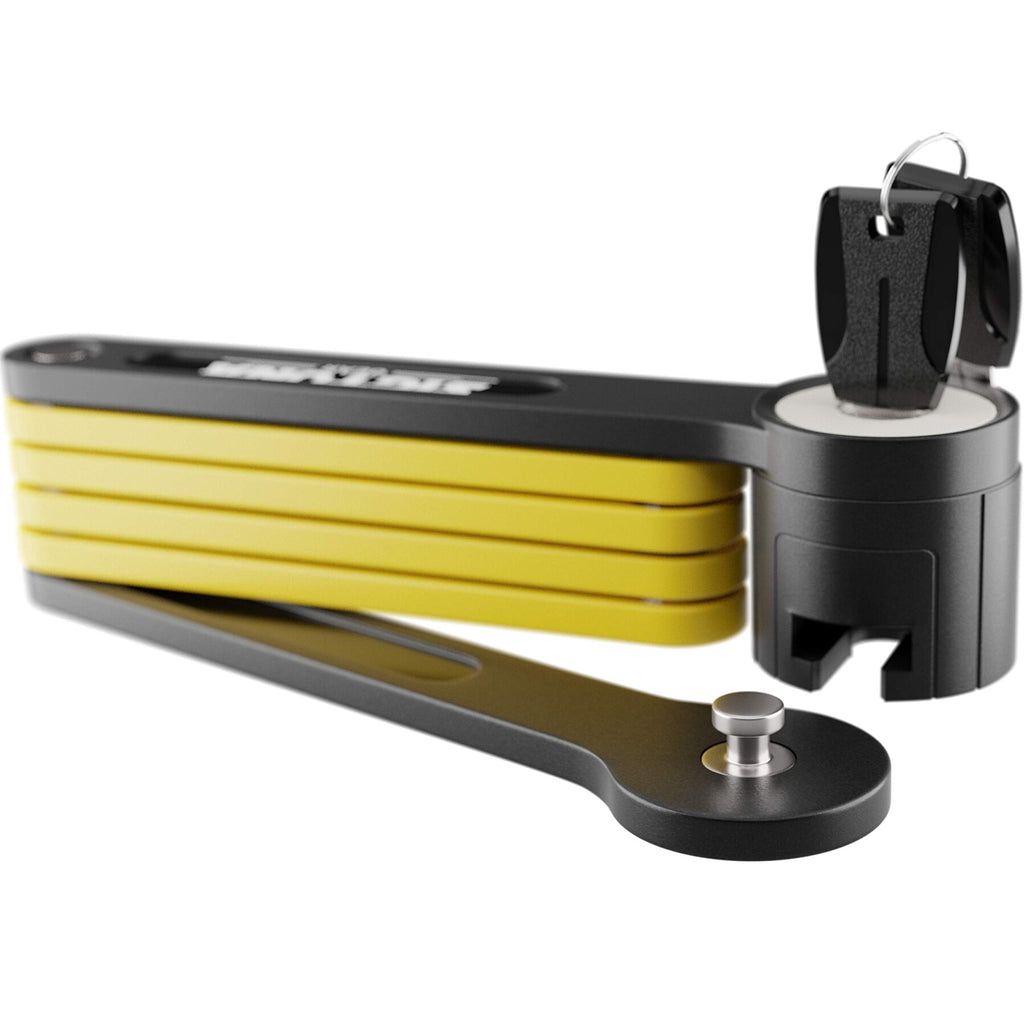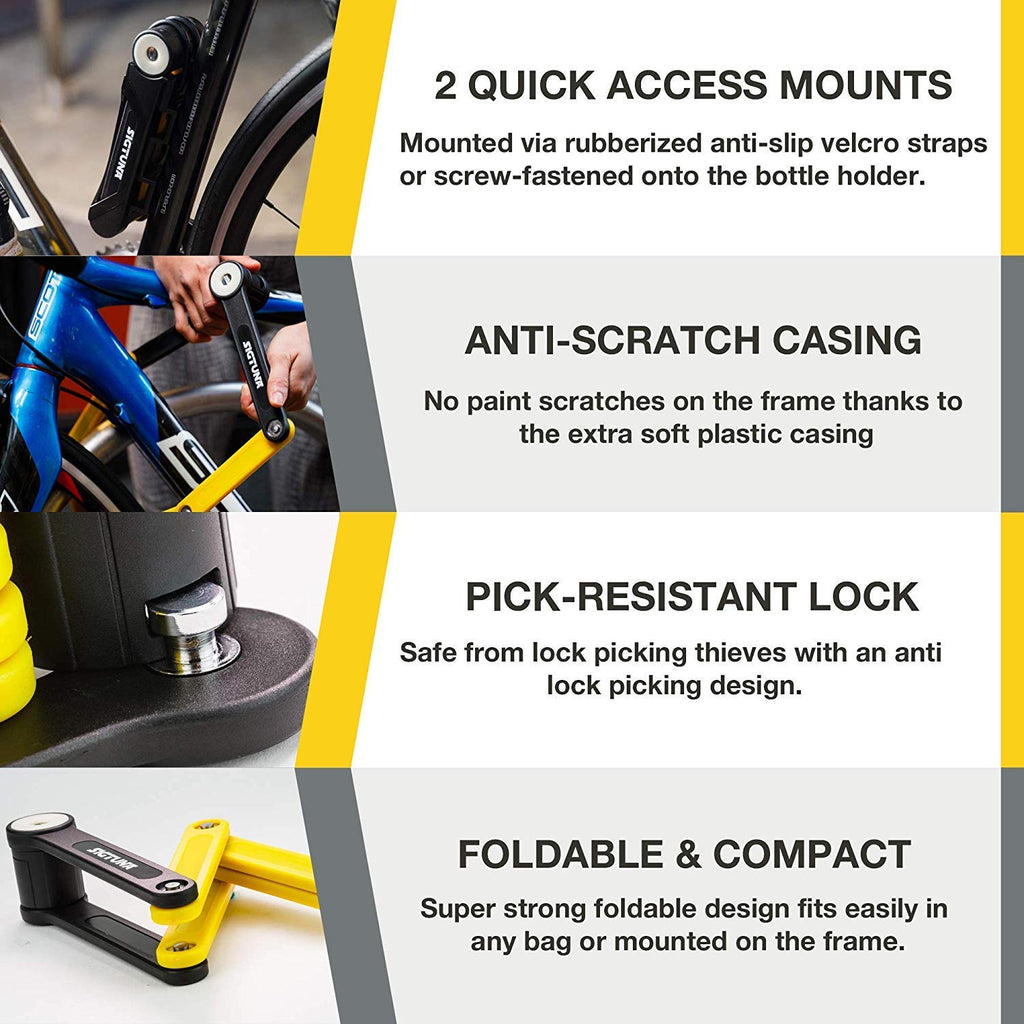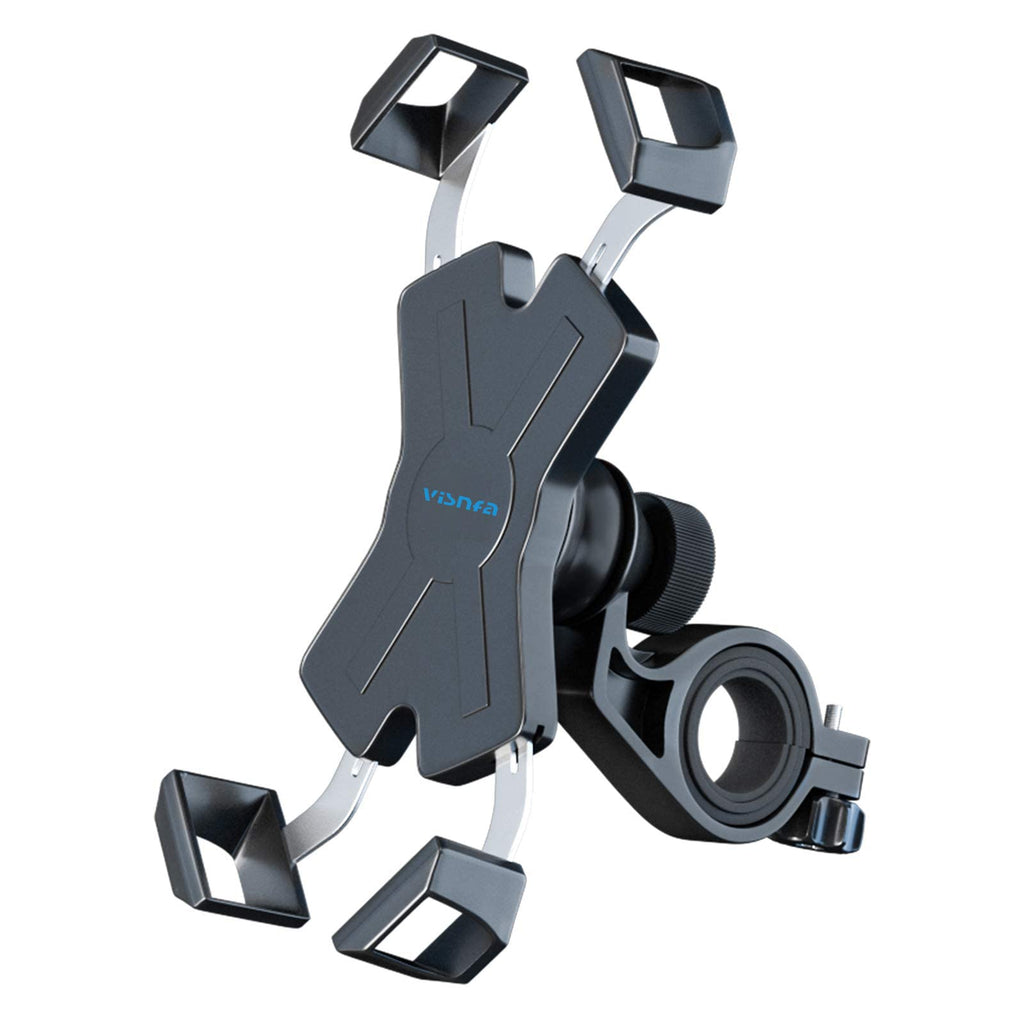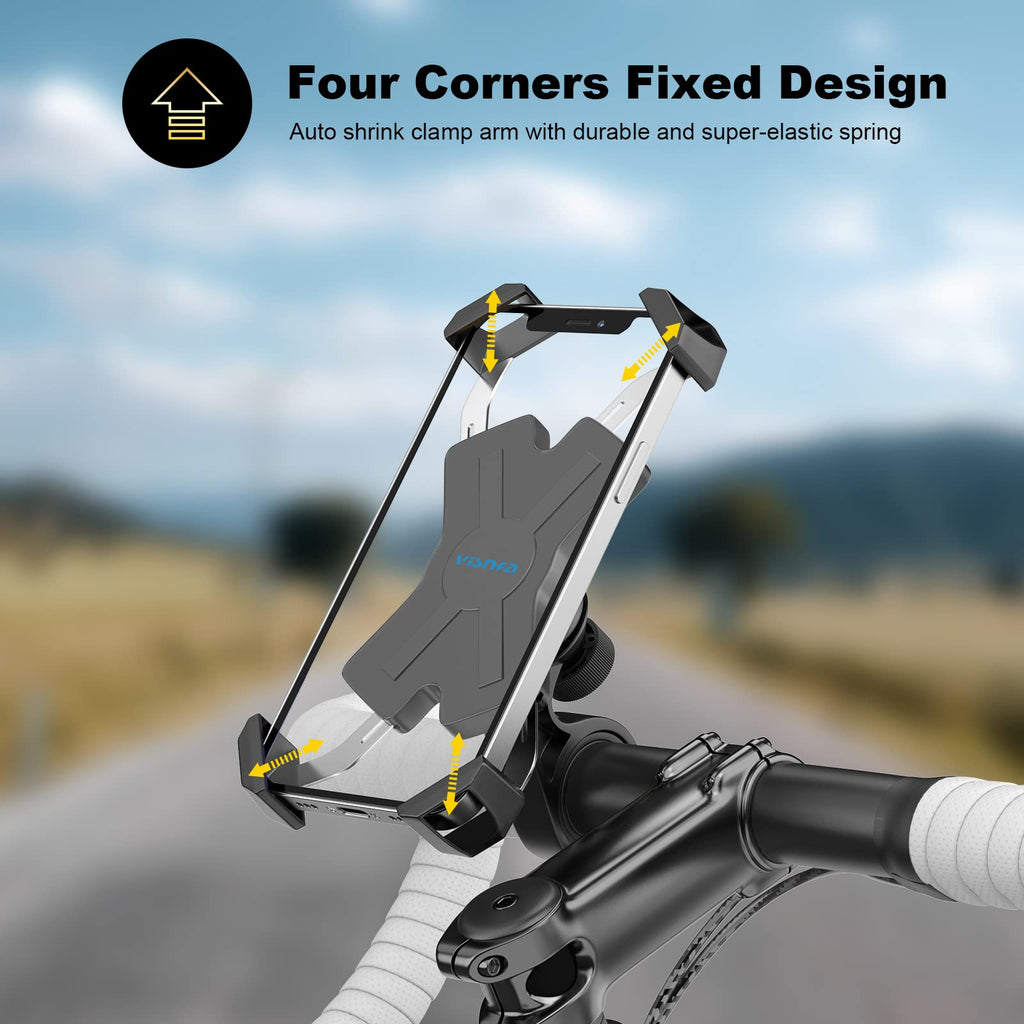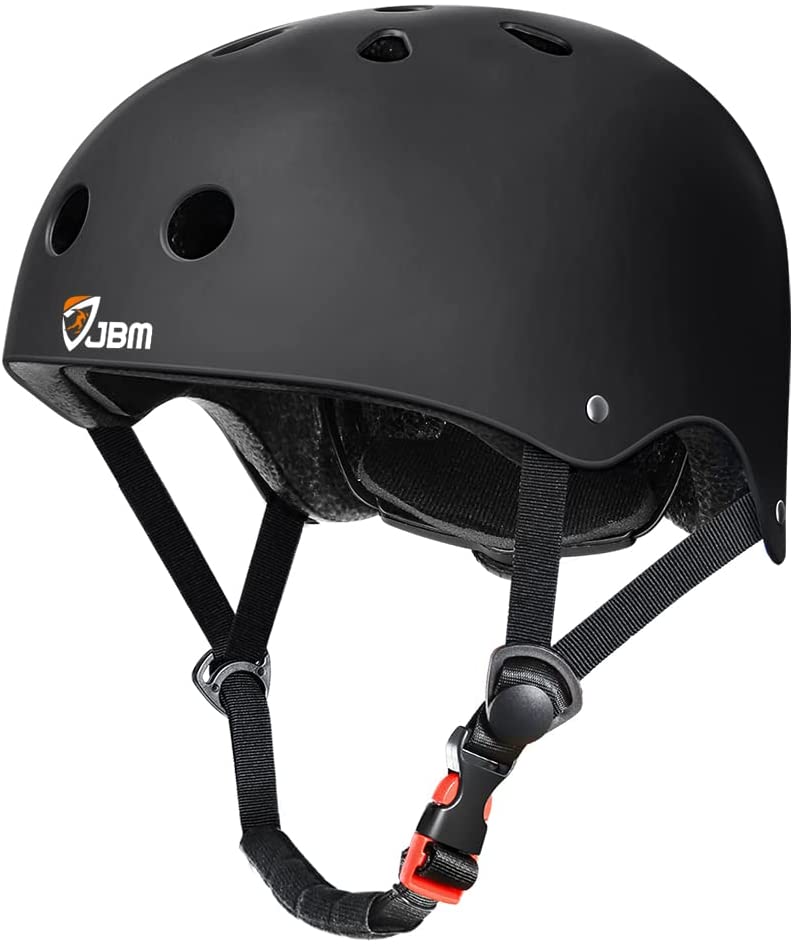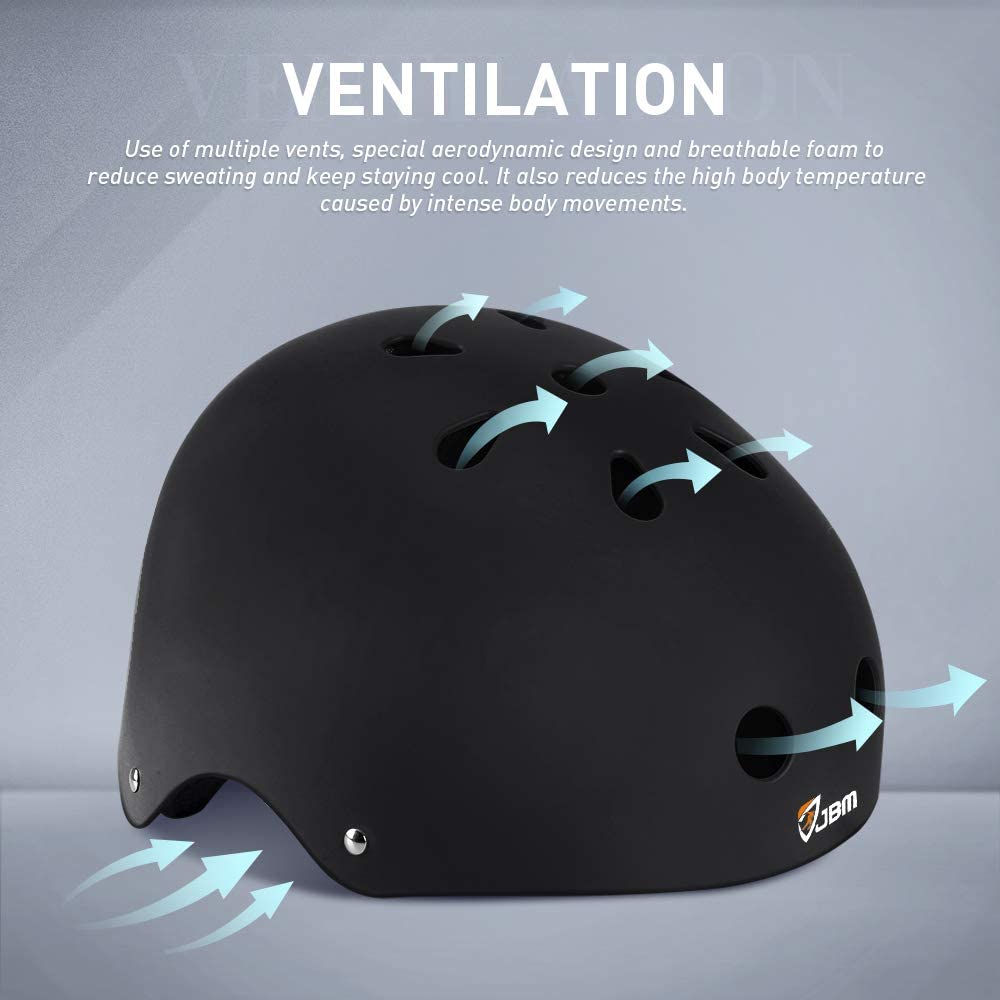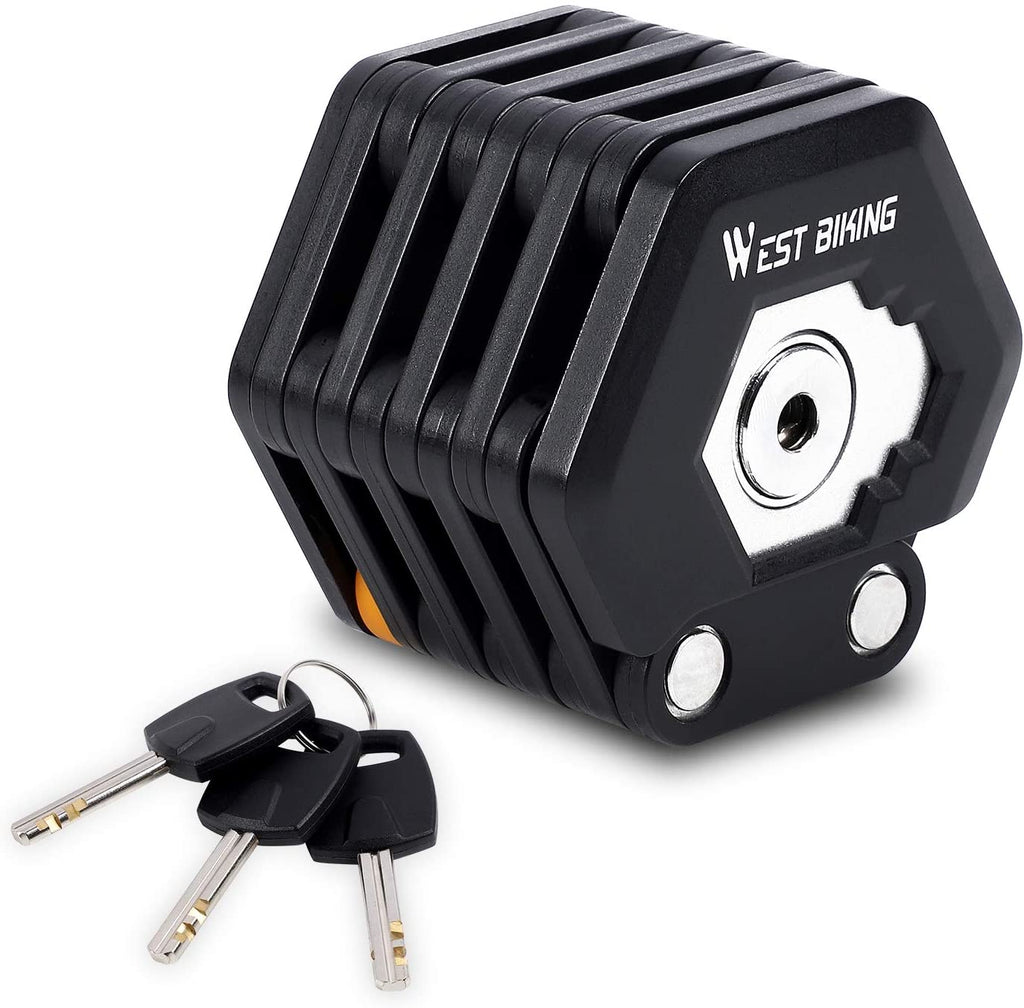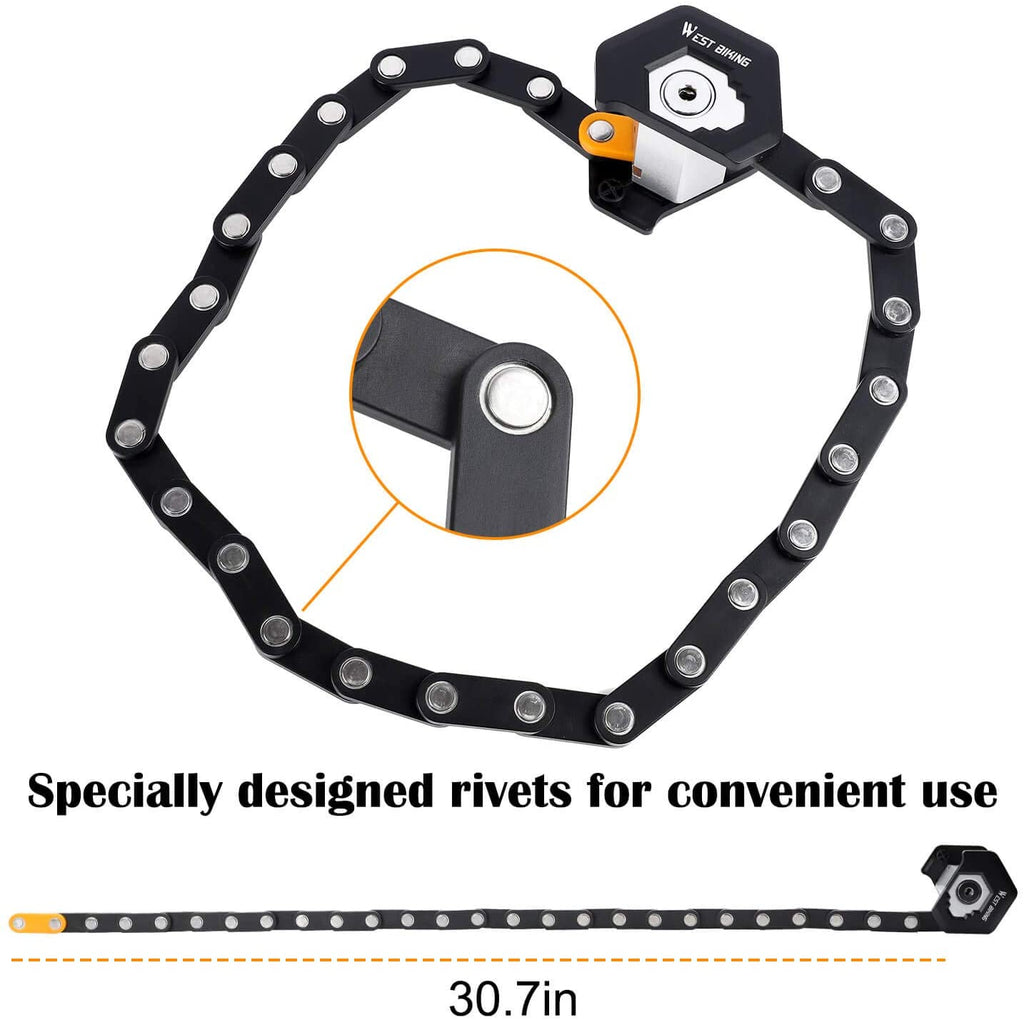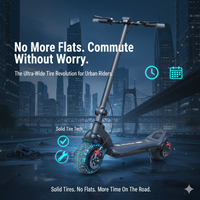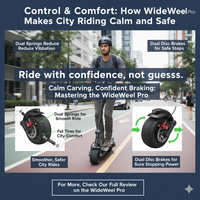Are Electric Scooters Allowed in Stores?
Yes, electric scooters are allowed in stores, particularly when used by individuals with disabilities. According to the Americans with Disabilities Act (ADA), stores and other public accommodations must permit the use of electric scooters, provided they are used as mobility devices. However, the answer to: are electric scooters allowed in stores may vary based on state regulations and store-specific policies. This article navigates the factors to consider, state-specific regulations, and the additional features that stores may implement to enhance accessibility.

Factors to Consider Before Taking E-Scooters into Stores
When determining whether electric scooters are allowed in stores, several factors must be considered to ensure both safety and accessibility:
-
Mobility vs. Safety:
- The primary aim of allowing electric scooters in stores is to offer mobility for individuals with disabilities. However, this must be balanced with the security of all customers. Stores may impose safety measures, such as speed limits or designated scooter paths, to minimize the risk of accidents.
-
Store Layout and Aisle Width:
- The design and layout of the store play a significant role in accommodating electric scooters. Stores with narrow aisles or high-density layouts may require making adjustments, such as widening aisles or rearranging displays, to ensure scooter users can navigate the store safely.
-
Pedestrian Traffic:
- The volume of pedestrian traffic within a store can affect the decision to permit electric scooters. In high-traffic areas, stores may impose specific rules to prevent congestion and ensure that all customers can shop comfortably.
-
Store-Specific Policies:
- While the ADA provides federal guidelines, individual stores may build their own policies regarding electric scooters. These policies must comply with ADA regulations but may include additional considerations, such as limiting scooter use during peak hours or offering alternative services like curbside pickup.
General Rules and Store Policies
Primarily, there is no specific and general rule regarding whether can we bring a scooter into stores, but it truly depends on the store's policy.
- Safety hazards: Scooters may restrict aisles, create a trip risk, or cause fire hazards if batteries are destroyed.
- Store layout and crowding: Stores with little storage capacity often restrict the storage of e-scooters.
- Liability concerns: Sometimes, stores don’t take responsibility for their safety or in case any incidents happen.
Some long retail chains strictly follow the guidelines below.
- Walmart, Target, and Costco, these stores really ask customers to leave scooters outside unless they are medical scooters.
- Shopping malls may allow foldable scooters if they are carried and not ridden indoors.
Before entering the store, always check the posted signs and rules near entrances.
State Regulations: Are Electric Scooters Allowed In Stores in the US States
State-specific regulations may affect how electric scooters are used in stores. Some states may have additional laws that either enhance or restrict the use of mobility devices like Zero 9, a 30 mph electric scooter, in public spaces.
California:
In California, electric scooters are allowed in stores, especially as mobility devices for individuals with disabilities.
Key Considerations:
- California law requires stores to have aisles wide enough to accommodate scooters, and businesses may need to rearrange fixtures to comply.
- Stores must offer alternative services, like curbside pickup, if certain areas are not accessible to scooters.
- California mandates that employees be trained to assist customers using electric scooters and to manage accessibility requests effectively.
New York:
In New York, particularly in densely populated areas like New York City, stores are needed to balance accessibility with safety.
Key Considerations:
- Stores may provide designated parking spots for scooters to keep aisles clear and organized.
- Personal shopper assistance or home delivery may be offered to scooter users who cannot safely navigate the store.
- New York businesses may engage in campaigns to inform customers about the proper use of electric scooters in stores.
Texas:
Texas ensures that electric scooters are allowed in stores under ADA regulations, with a strong emphasis on public accommodations and compliance with accessibility laws.
Key Considerations:
- Electric scooters must be operated at pedestrian speeds to ensure the safety of all customers.
- Larger stores may implement designated routes for scooters to minimize disruptions and ensure safety.
- Staff should be available to assist scooter users, particularly in crowded or narrow areas.
How to Shop with Mobility Scooters: Discover Tips and Tricks
Before shopping with e-scooters, you must consider the following tips.
- Know the Store Layout: Know the layout or utilize the store’s app (if available) to find things ahead of time. Planning saves time and helps to save batteries.
- Charge Before You Go: Make sure your electric scooter is fully charged. It will save you from a mid-way trap while shopping. If you need to ride long miles, keep a scooter charger with you. For in-depth detail, explore how to extend scooter battery life.
- Use Store-Provided Baskets or Bags: If your scooter has no basket, utilize portable baskets or bags that may sit on your lap or fasten to the handlebars.
- Avoid Busy Hours: Make sure to shop on weekdays, because of less hectic days. Crowded aisles are more difficult to negotiate.
- Respect Store Etiquette: Drive humbly, defer to pedestrians, and avoid making sudden turns in busy locations.
- Regular Maintenance: Make sure to keep proper tire checks and battery inspections. This can help you keep your scooter in good shape.
Alternatives for Storing Your Scooter: How to Keep Your Scooter Safe
If stores don’t allow storing scooters, what you need to do:
- Public scooter docks are available if you’re using a shared service.
- Portable locks and GPS trackers to secure personal scooters.
- Bike racks or designated scooter parking outside malls or supermarkets.
As per the Disability Rights Education and Defense Fund (DREDF) reports, almost 93% of grocery stores in the United States have at least one accessible entrance, and 80% have accessible parking spaces. It is important to check that they are always accessible for mobility scooters. Before storing, always check the rules and regulations properly for safe and comfortable navigation.
Conclusion
In summary, electric scooters are allowed in stores across the United States, with regulations varying by state. While the ADA offers a strong foundation for accessibility, states like California, New York, and Texas have specific guidelines to ensure that electric scooter users can explore stores safely. When asking whether electric scooters are allowed in stores, the answer is generally yes, with the caveat that stores may impose safety measures to protect all customers. This article offers a comprehensive overview of the factors and regulations that influence the use of electric scooters in stores, ensuring accessibility while maintaining safety.
FAQs
Are electric scooters allowed in stores? It totally depends on the store's policies. Always verify store-specific rules.
Many states, like New York, Texas, California, and Illinois, permit the bringing of scooters into stores with particular laws.
